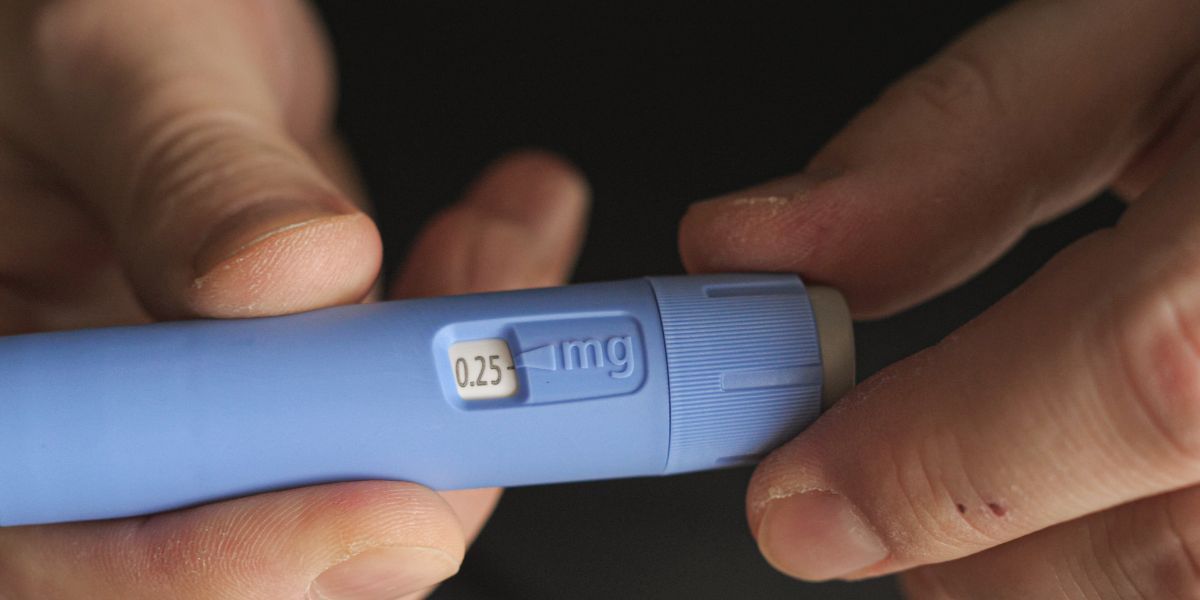Adults over the age of 50 with a weak immune system will be eligible to have a shingles vaccine on the NHS later this year.
From September, vulnerable over-50s and anyone aged 65 and older will be offered a vaccine against shingles – a viral infection that causes a painful rash which can develop after chicken pox.
Data shows that one in four people will get shingles during their life, with the condition causing more health problems in older people.
- Half of UK adults not confident on giving CPR
- 1 in 4 adults with diabetes eating food beyond its use-by date
Severe symptoms of shingles include hearing loss, visual impairment and nerve pain. However, most people with the viral infection only develop an irritating rash on one side of the body, mainly on the chest.
Shingles is not contagious and is caused when the chickenpox virus is reactivated. After a person has had chickenpox, the virus lies dormant in certain nerves for many years.
The infection is more common in people with weakened immune systems, for example in those with blood cancer.
The shingles vaccine will now be offered to this group of people from September after it passed safety trials.
NHS England is now encouraging eligible people to get the jab as it would “provide peace of mind and save lives.”
Steve Russell, National Director of Vaccinations and Screening said: “Please do not put off getting the jab if you are eligible.”
- Daily beer and wine intake beneficial for middle-aged adults, study reveals
- Cognitive problems in old age associated with decline in sexual satisfaction during middle-age
Dr Mary Ramsay, director of immunisation at the UK Health Security Agency, said: “Two doses of vaccine are highly effective in reducing your risk of getting shingles, or – if you do develop shingles – reducing the severity of your symptoms.”
Entitled ‘Shingrix’, the vaccine will be offered in two doses, with a gap of eight weeks to six months between doses for the extremely vulnerable, and a longer gap of six to 12 months for everyone else.
Fiona Hazell, Chair of Blood Cancer Alliance and Chief Executive of Leukaemia UK, said: “If you are living with blood cancer, you are likely to have a weakened immune system, which means you are more likely to develop shingles and experience more serious side-effects.
“It is important to get all the protection you can and get your shingles vaccine as soon as you become eligible.”




